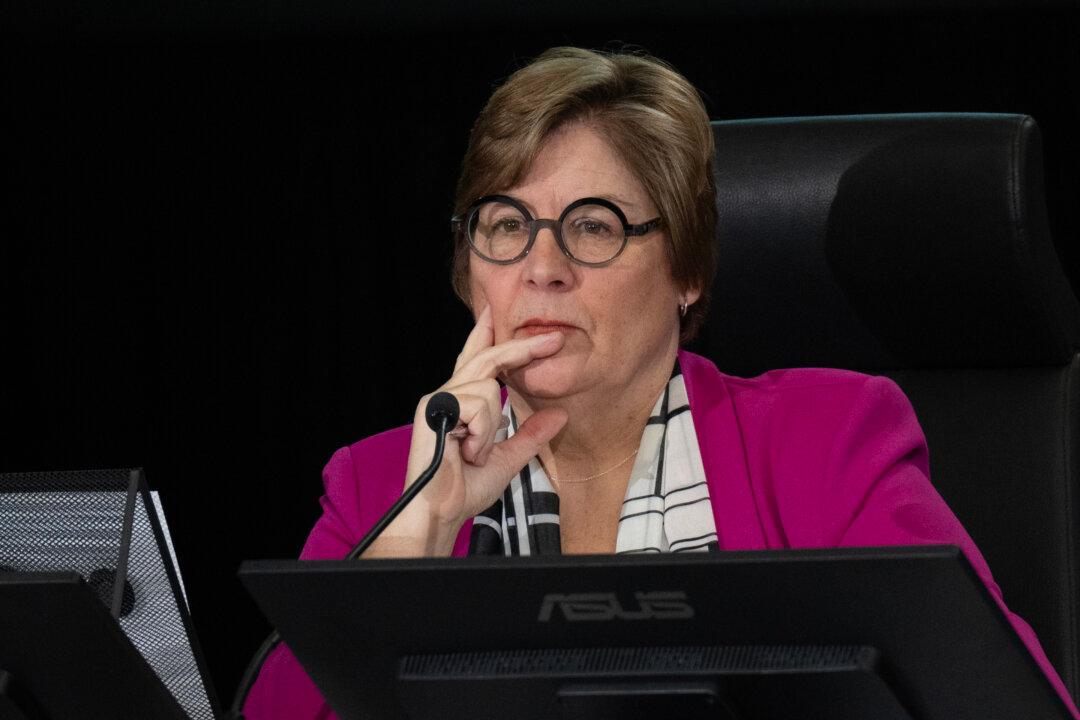The first phase of public hearings for Canada’s inquiry into foreign interference has been launched in Ottawa with Commissioner Marie-Josée Hogue saying her goal is for the truth to be revealed.
“Our goal is to uncover the truth, whatever it may be,” said Ms. Hogue on Jan. 29, during proceedings for the “Public Inquiry into Foreign Interference in Federal Electoral Processes and Democratic Institutions.”





